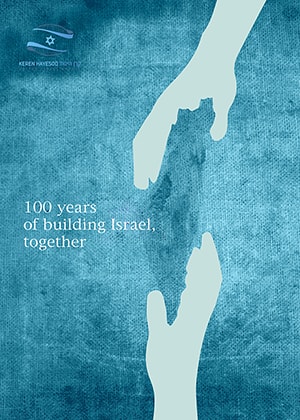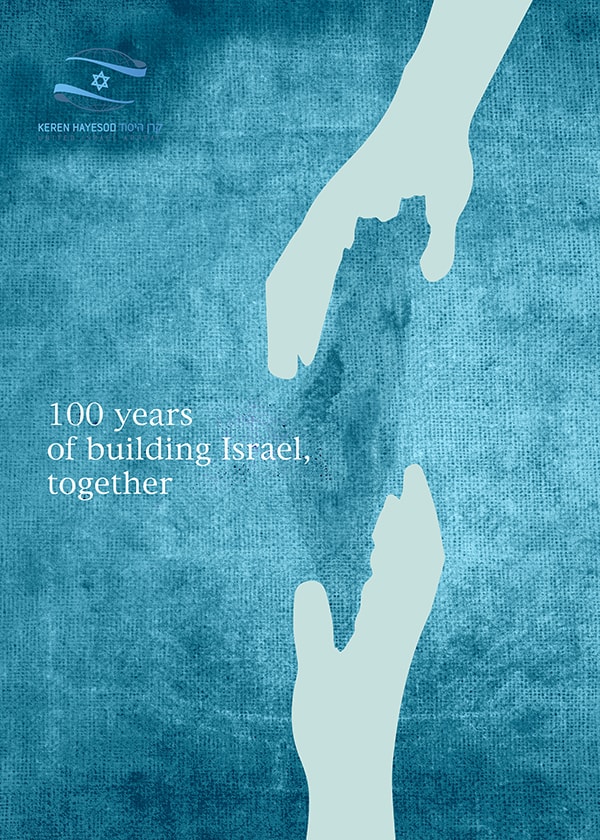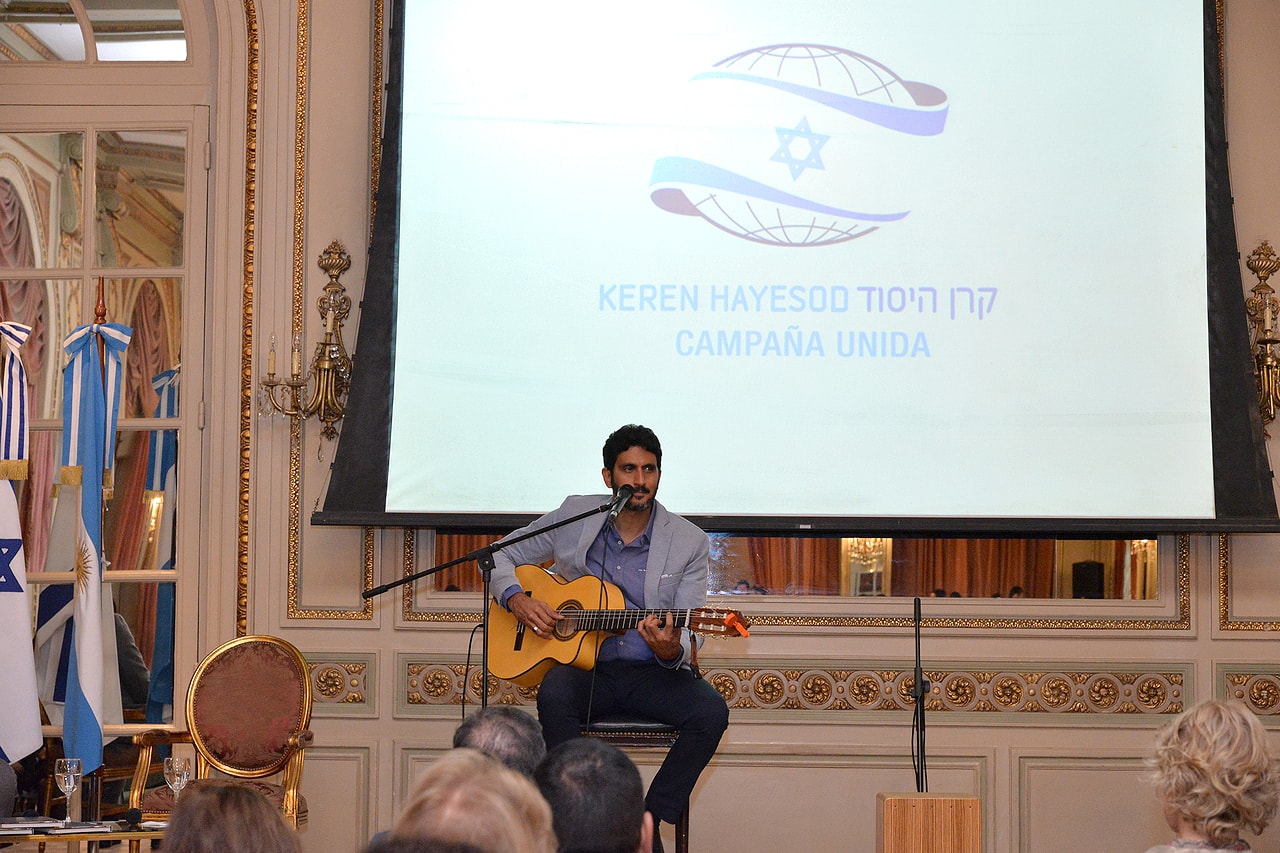
“A campaign event gives me the opportunity to create a fruitful dialogue and collaboration between world Jewry and the State of Israel”, says Tzachi Halevy, a successful Israeli actor and singer, about the Keren Hayesod campaign events in which he has participated. Tzachi Halevy has represented Israel and Israeli society at dozens of campaign events, in Australia, Uruguay, Argentina, Brazil, Peru, Germany and Switzerland, and considers it a great privilege to do so. In addition to performing his songs live, Halevy talks about his personal experiences as the son of an official representative of the State of Israel and his experiences as a lone soldier. He also talks about life in Israel and Israeli society. “I find events of this kind very moving”, he says. “They enable direct contact with Jewish communities around the world.
I meet amazing people who contribute a great deal to the State of Israel, and I have the privilege of telling them about my life and my work as an artist”. Among those who bring Israel and the Keren Hayesod message to campaign events are speakers, artists, political leaders, lecturers, academics, military people, writers, singers and in particular, the beneficiaries of the projects themselves – who give a moving, up-to-date and meaningful message to the donors. Every year, dozens of Keren Hayesod campaign launches are held around the world. These events constitute a significant part of Keren Hayesod’s activities in local communities, and almost everyone remembers a meaningful and moving experience they had there. What was your most memorable experience?
Photo: KH campaign opening with Tzachi Halevy, Argentina, 2018
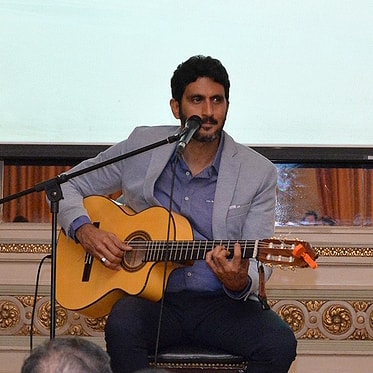
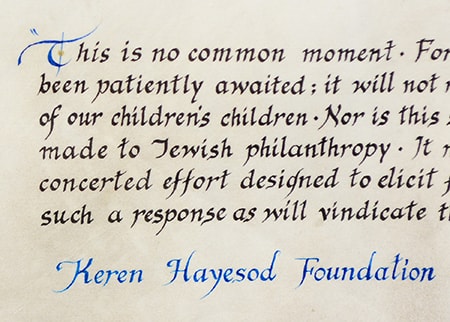
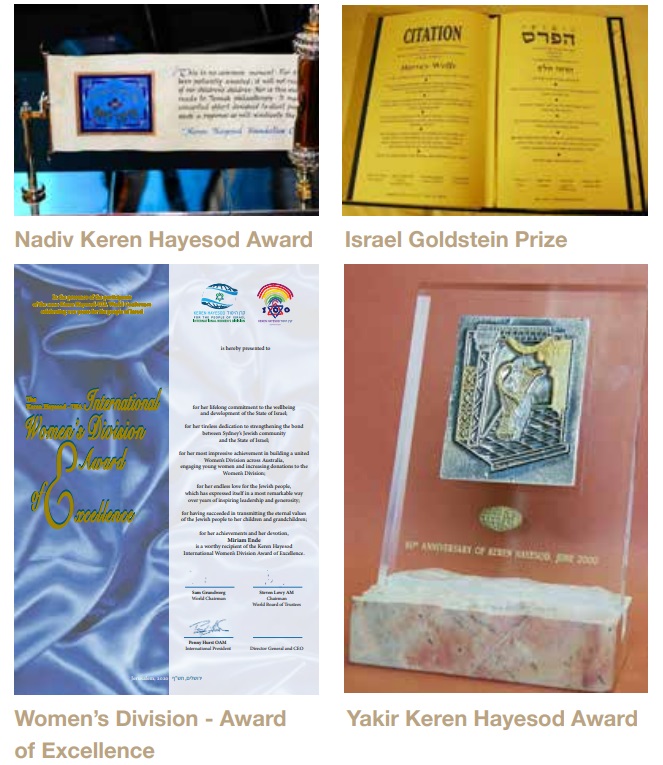

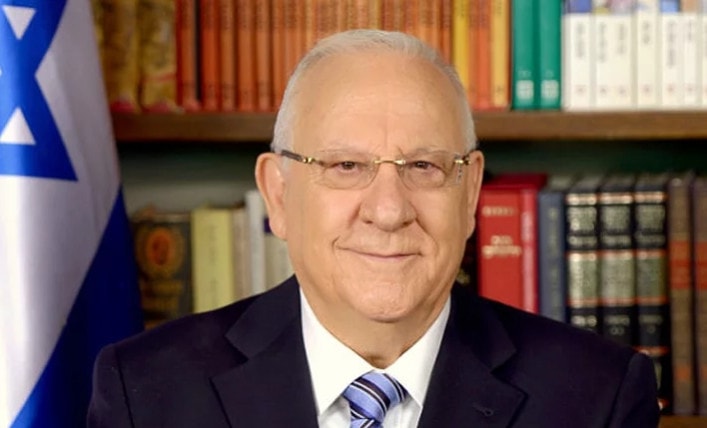
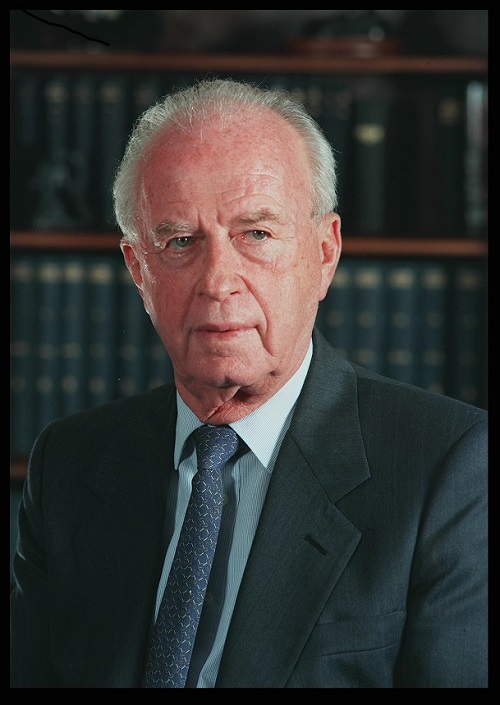

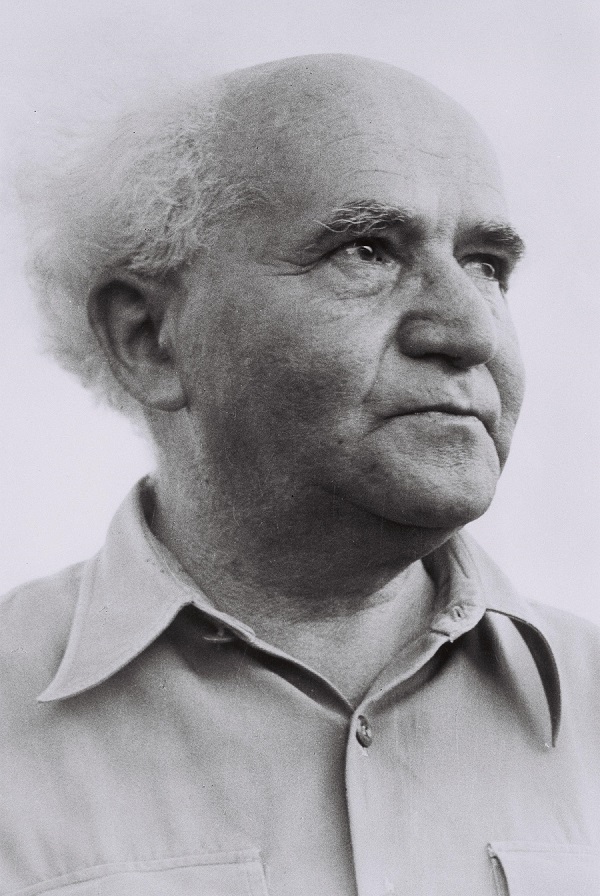
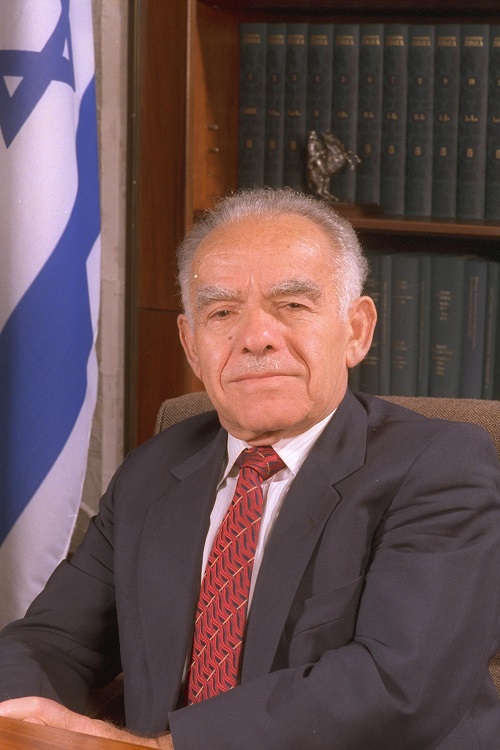
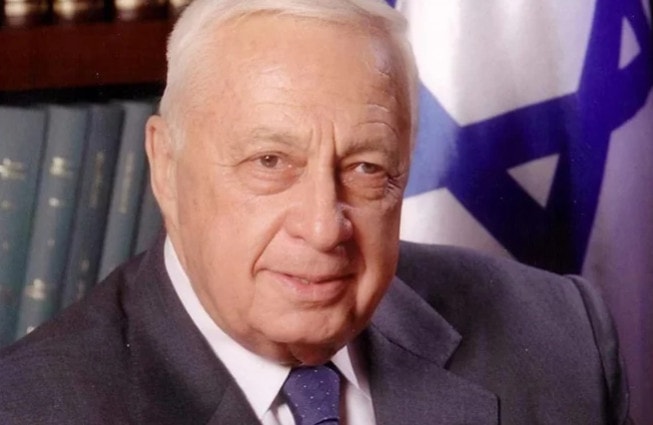
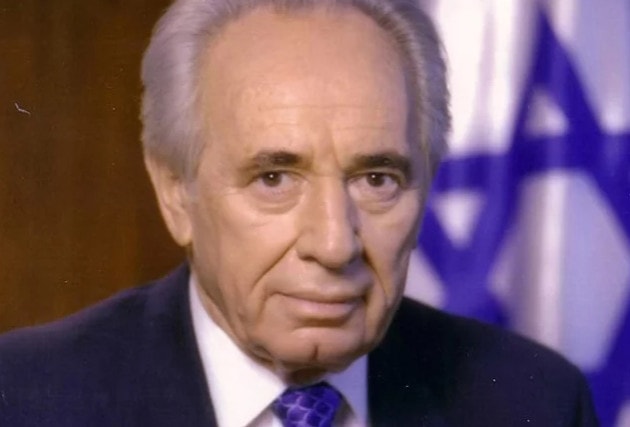
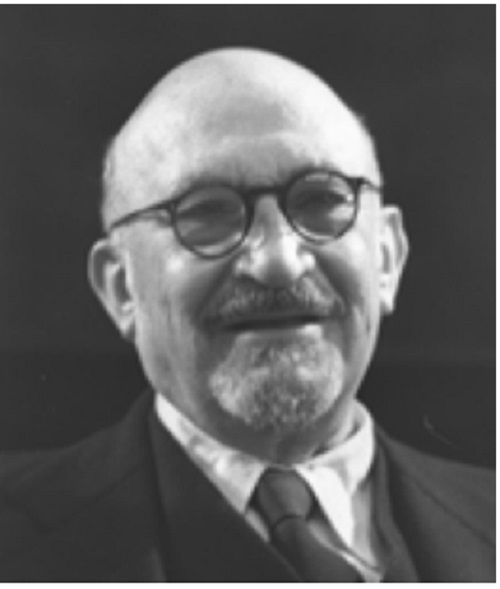
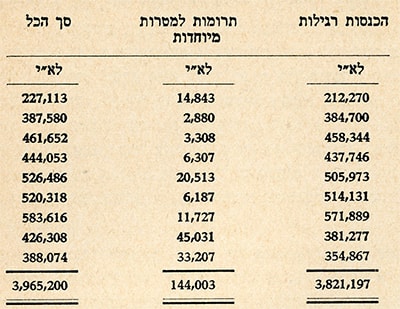
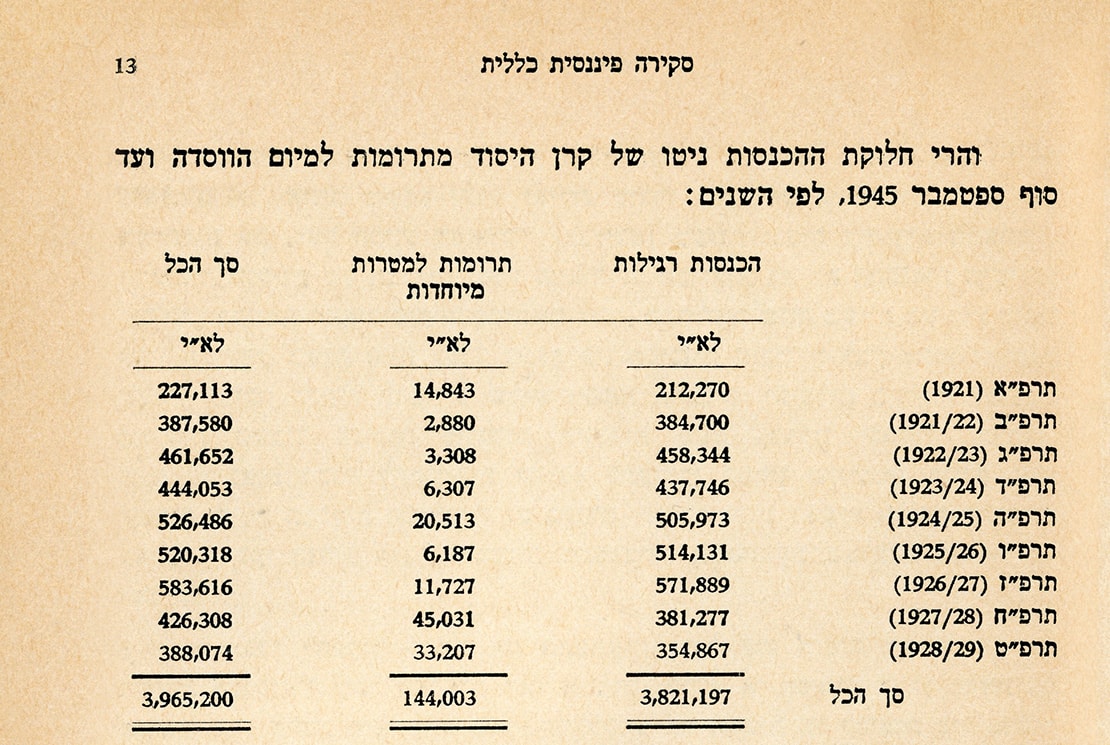
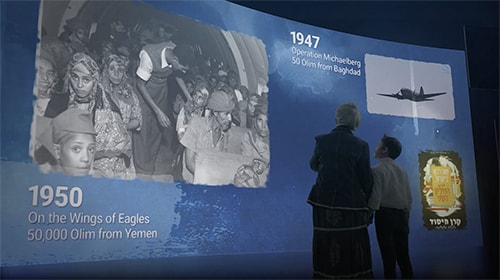
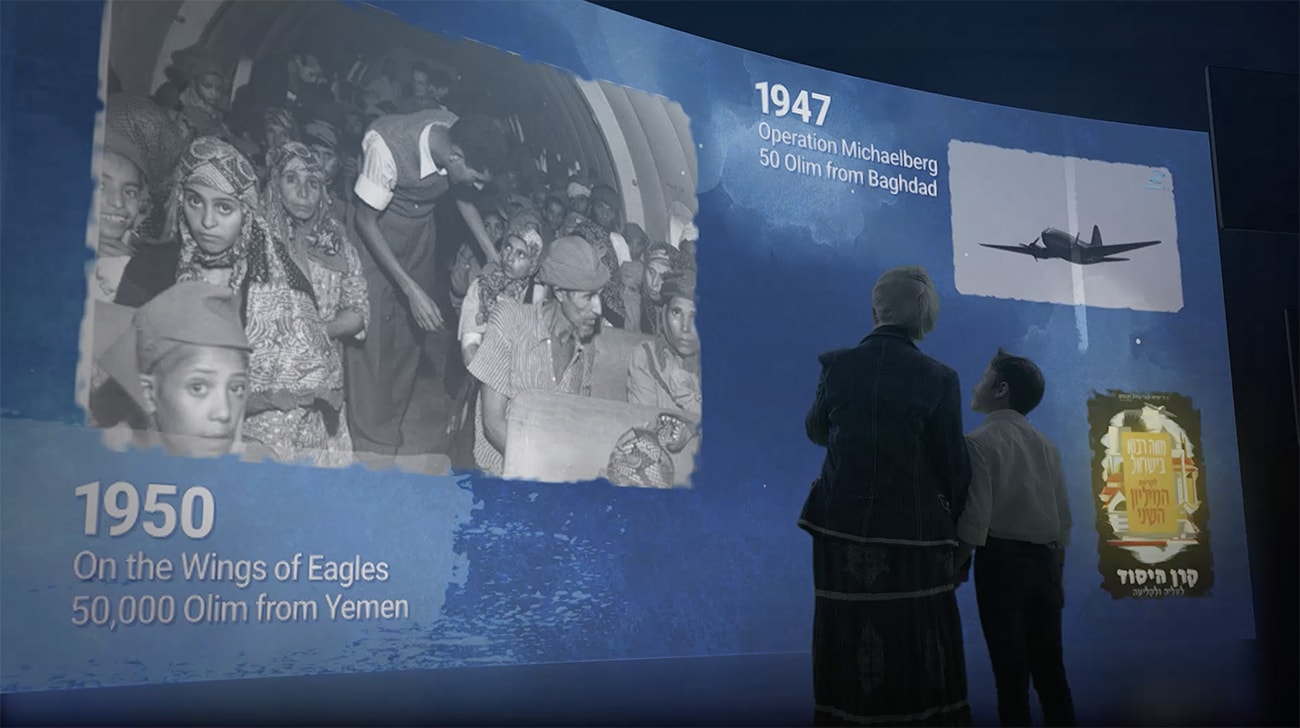
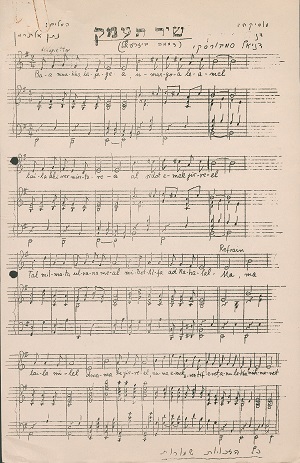
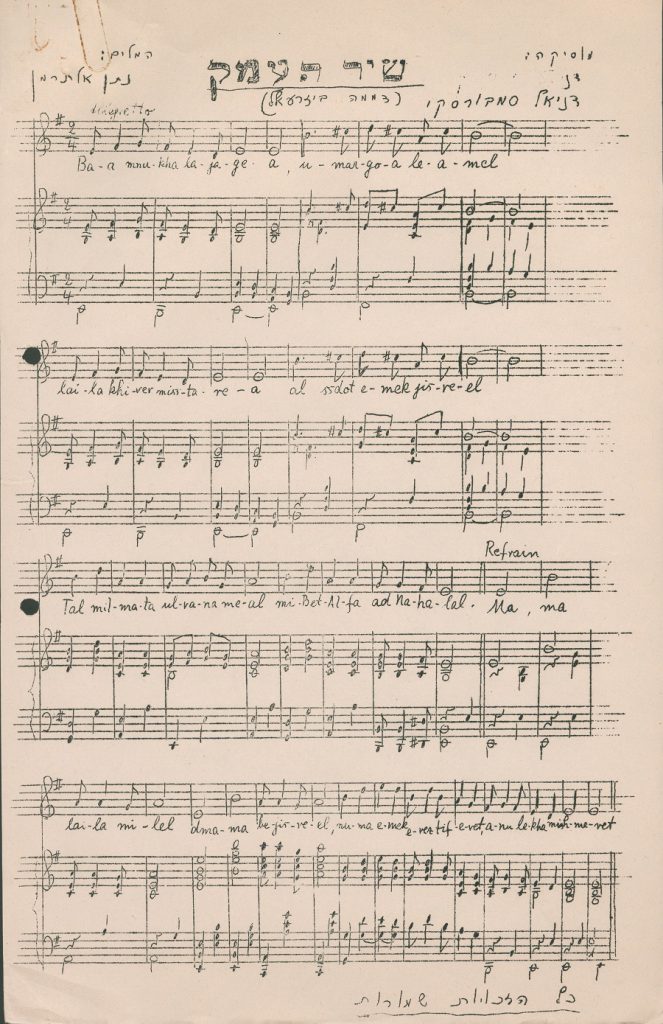
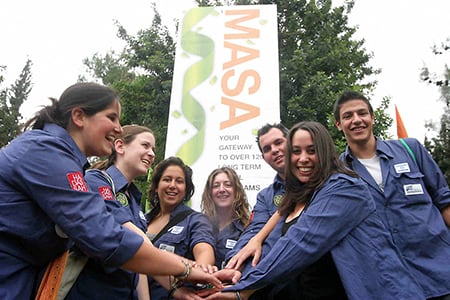
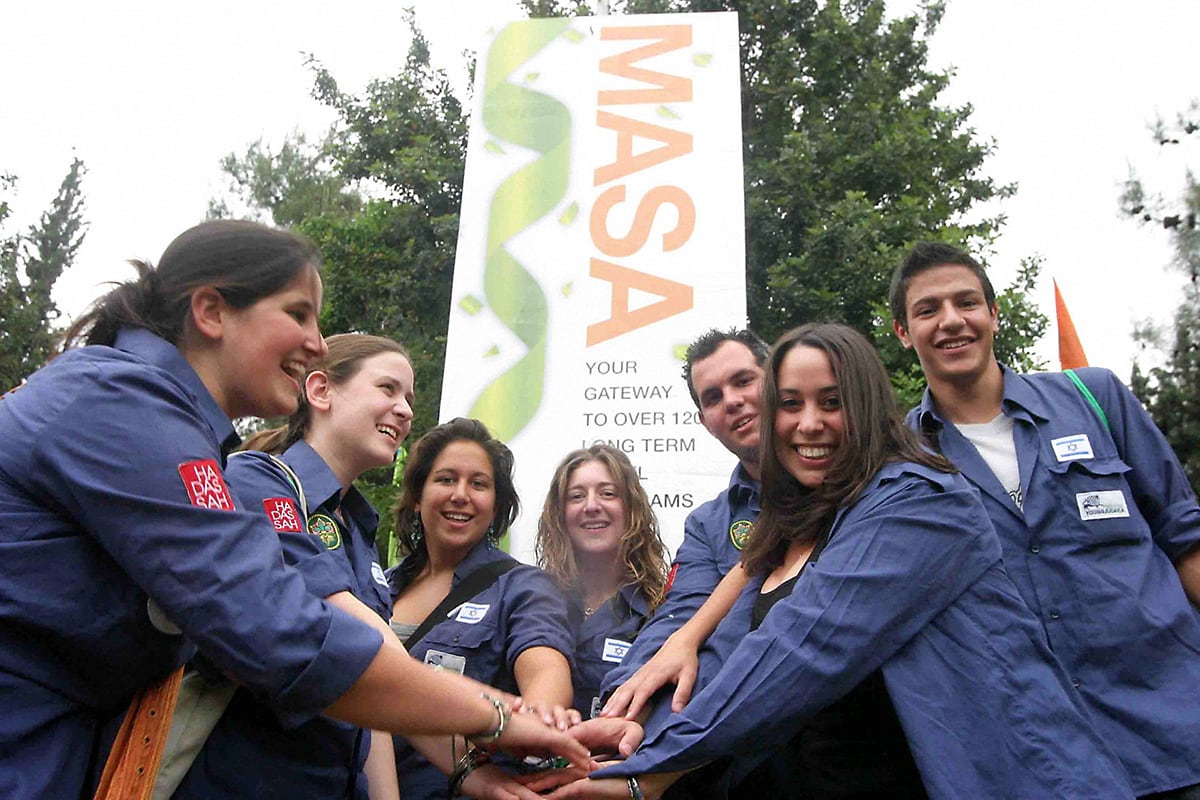
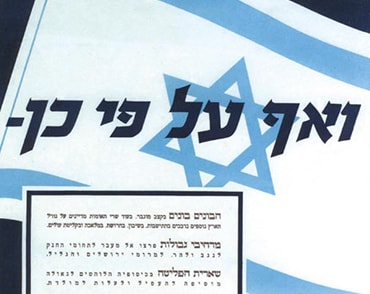
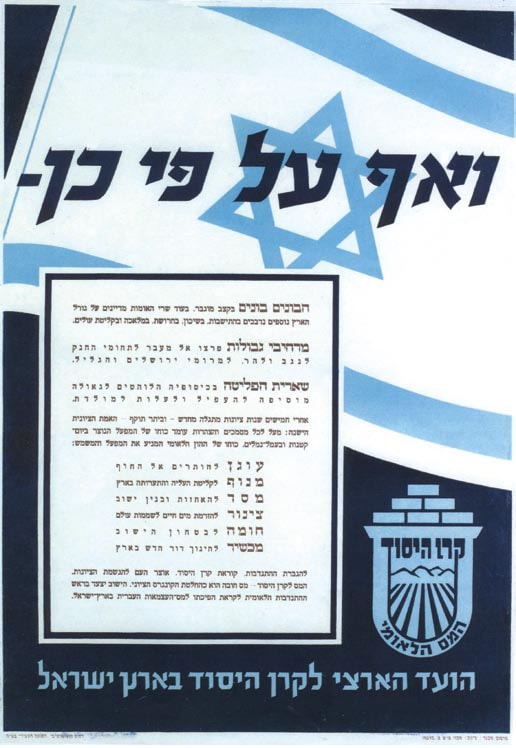
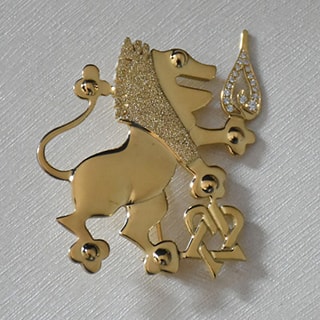
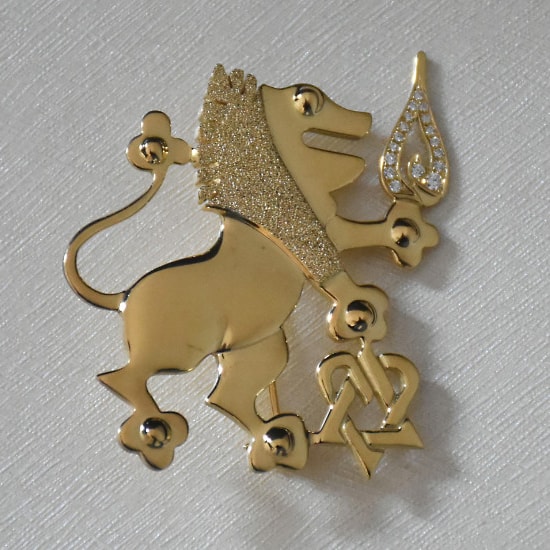 Or LeAtid
Or LeAtid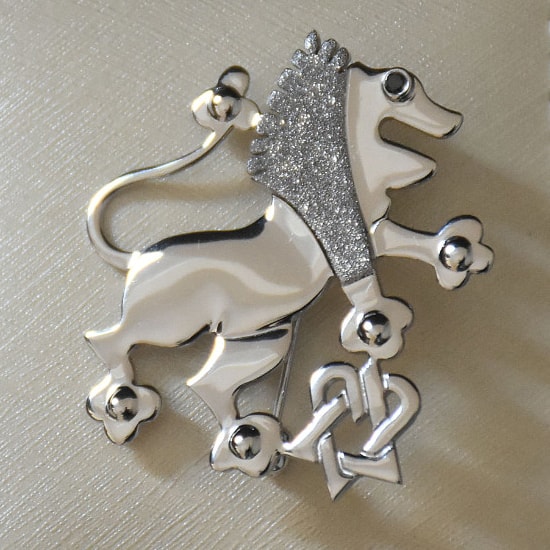 The Tiferet Lion of Judah
The Tiferet Lion of Judah